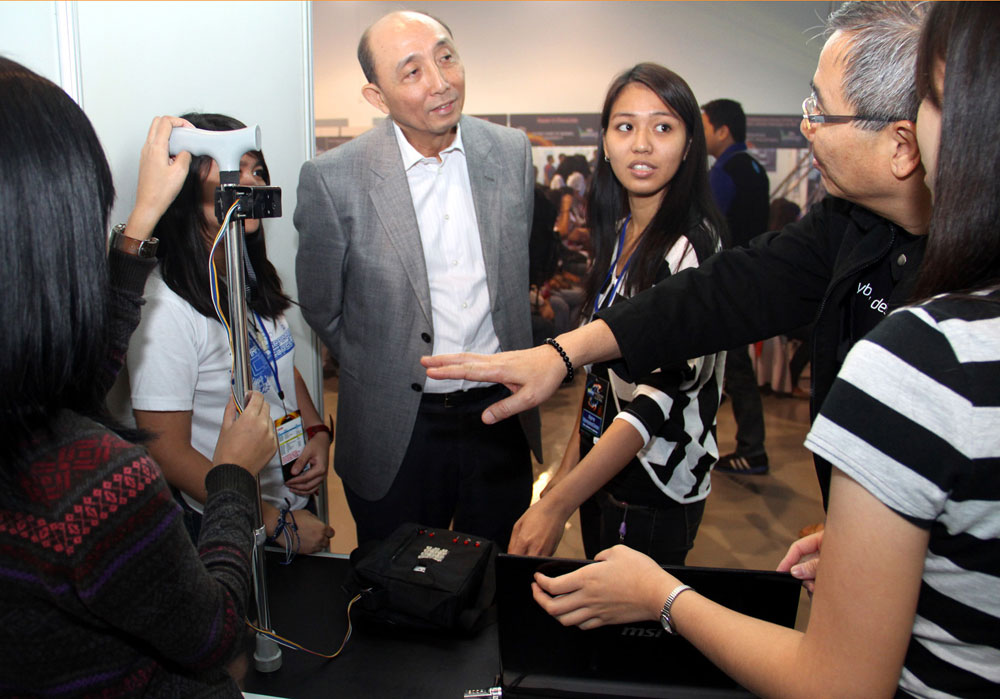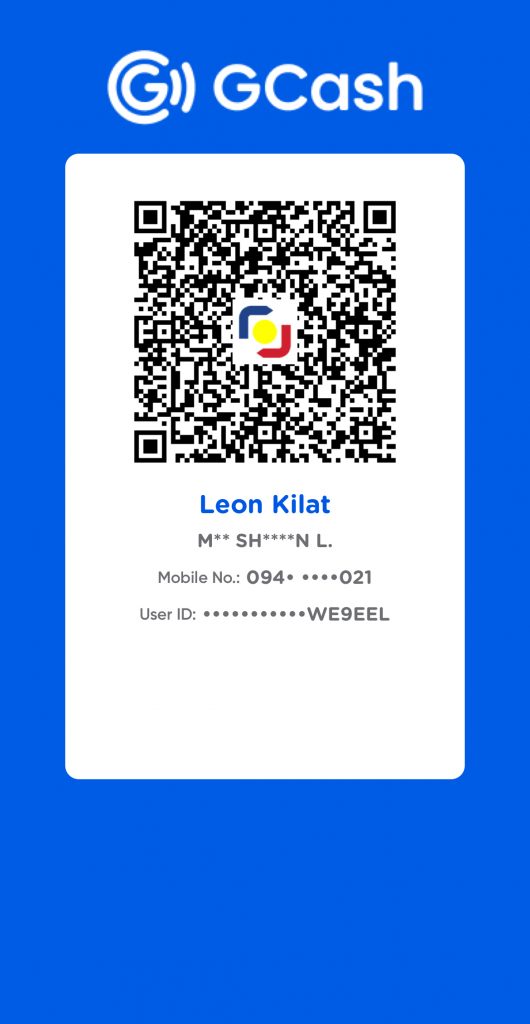SEEING a blind masseuse crouching silently on a corner with a cellphone held to her head gave three graduating Mapua Institute of Technology engineering students the idea for an undergraduate project and thesis.
“I asked the receptionist what she was doing and she said the masseuse received a text message and was listening to it,” student team leader Janiena Roxanne Dirain said in Filipino. “The problem was she had to listen to the message three to four times because she couldn’t understand it since the program had an American accent and the message was in Filipino.”
Dirain, Girly Perando and Kristine Emy Matabang exchanged looks and decided right there and then on the subject of their undergraduate project under adviser Ayra Panganiban.

The three decided to find a way to render text messages into Braille and devised a lunchbox-sized gadget comprising of a microcontroller and a GSM module. The gadget renders text messages into Braille letter by letter, with the device popping up dots to make up the letters.
The project, “Wearable Obstacle Detection System and Braille Cellphone for the Blind,” won P500,000 for three students and another P500,000 in grants for the school during the Smart Wireless Engineering Education Program (Sweep) Innovation and Excellence Awards Wednesday at the Mall of Asia in Pasay City.
Mass production
Perando said they added an obstacle detection system, set up in a cane, to provide more assistance to the blind. The system detects obstructions of up to five meters away and alerts the blind user via vibrations. The alert becomes more frequent the closer the obstructions become.
The all-women team bested nine other finalists during the annual Sweep awards held by Smart Communications Inc. as part of its education program.
Panganiban, the team mentor, said their next step would be to patent the project and mass-produce it. She said they needed to do a few more enhancements but that it would take less than a year to go into mass production.
Perando said the Braille phone and obstacle detection system cost them P6,000. Team members said that in their tests, blind people are able to read text messages faster in their device.
Those who don’t know Braille, Perando said, can use the device to learn the reading and writing system.
Notre Dame of Marbel University, Bataan State Peninsula University
Notre Dame of Marbel University was named first runner up for its “Smart E-mobilized” project, which used quick response (QR) codes and wireless technology to enable commuters to electronically pay for mass transit fares. The project uses an Android application as client. The student team won P300,000 for themselves and an equivalent amount in grants for the school.
Placing third was first-time Sweep participant Bataan State Peninsula University with its “Aquamarine solution to salinity and oxygen using SMS technology” project. The project aimed to prevent widespread fishkills like those that happened in Laguna, Pangasinan and Batangas.
The student team created a system that employs sensors and controls that allow a fishpond owner to monitor and control salinity and dissolved oxygen levels. An imbalance in these two levels are blamed for the widespread fishkills.
Among the finalists was a team from the University of San Carlos (USC) in Cebu City. The team, led by Theodore James Romo, proposed a system for a mobile breathalyzer that can determine whether a driver is within legal alcohol limits and then communicate with the server to submit data and download information on drivers.
USC, however, wasn’t able to finish the prototype. Romo blamed the delayed arrival of parts and the team falling for an Internet scam while buying parts online for their failure to produce a prototype. He said they still needed a month of work to finish the project, which is their undergraduate thesis.
Android application
Another team from Bataan Peninsula State University won the first mobile applications development category of Sweep with its “Palay Quality Checker through Leaf Coloration by Image Analysis” Android application. The application determines the quality of the palay by conducting a series of leaf color examination. The app won P100,000.
In opening the event, Smart president and chief executive officer Napoleon Nazareno said the Sweep program was a “win-win” proposition for everyone. He said that by undertaking the projects, students get a “valuable learning experience.”
“This is learning by doing,” Nazareno said. He cited the requirement for students to present their projects as a key preparation for work. In the past engineers didn’t need to do presentation, Nazareno said, but today, it is a key part of their work.
Nazareno told student engineers to look into apps development saying it is the wave of the future. There are more and more smartphones and they are getting more powerful and affordable, he said.
Smart Strategic Business Development Head Earl Martin Valencia, who was one of the judges of the projects, said it was “inspiring and refreshing to see that mobility is ingrained in our culture.”
He also said he was happy to see projects that tried to address the needs of the community where the students come from. “People in the US will not think of these projects because they are not exposed to these problems,” he said.
Valencia, however, said he wants student teams to lead more toward smartphone applications and focus on user experience. “Complicated technology is a thing of the past,” he said.
Max is a journalist and blogger based in Cebu. He has written and edited for such publications as The Freeman, The Independent Post, Today, Sun.Star Cebu, Cebu Daily News, Philstar Life, and Rappler.
He is also a mobile app and web developer and co-founded InnoPub Media with his wife Marlen.

Leave a Reply